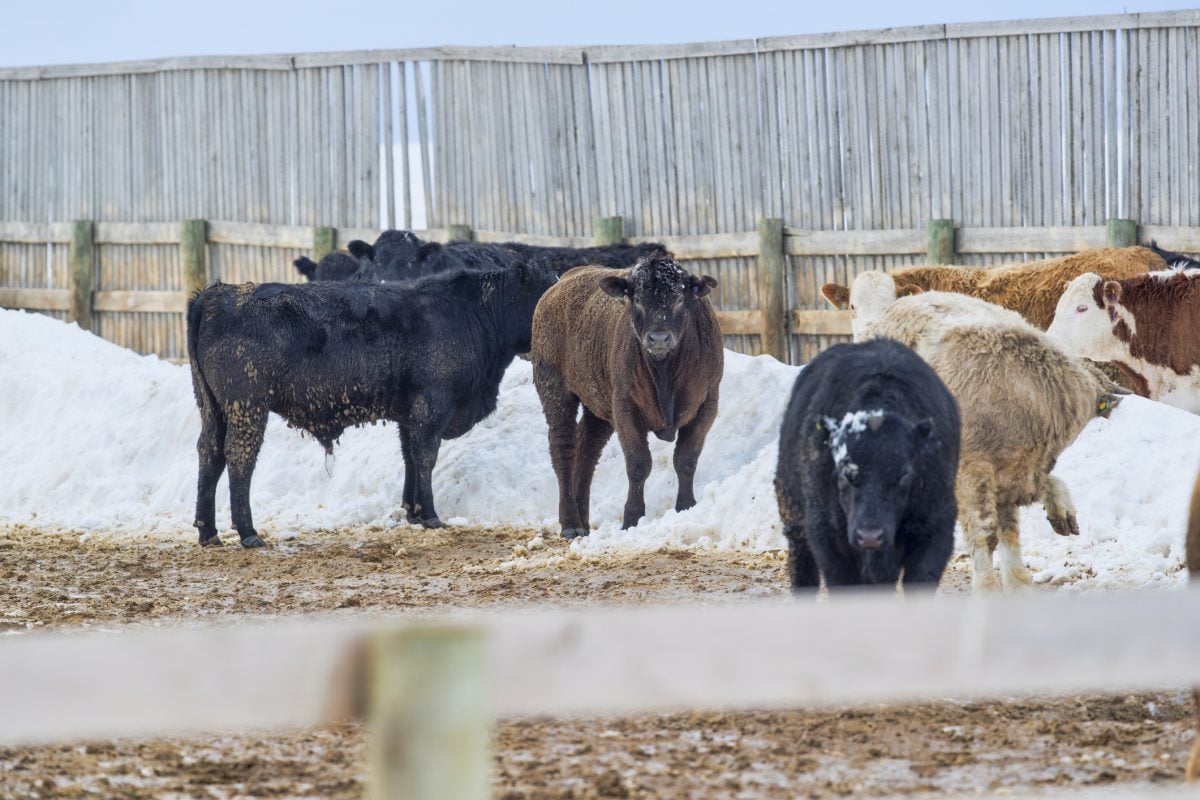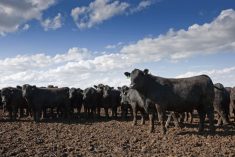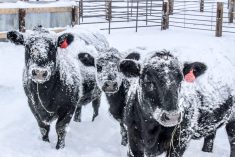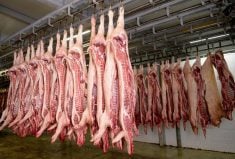Chicago | Reuters — CME Group plans changes to its rules for live cattle futures, requiring that all cattle delivered against the contract must be born and raised solely in the U.S., the exchange said in a statement Friday.
The new requirement, effective Dec. 18, covers all currently listed trading months through April 2017.
CME said the amendments are intended to clarify existing live cattle futures delivery regulations in the event of a U.S. Senate and U.S. Department of Agriculture repeal of the country-of-origin labeling (COOL) law for beef and pork.
Read Also

Klassen: Feeder cattle market starts 2026 with stronger tone
For the week ending January 10, Western Canadian feeder cattle markets were up $8-$10/cwt on average compared to three weeks…
The Senate is expected to vote on the matter as early as Monday after the U.S. House of Representatives had already voted to repeal COOL legislation.
Canada and Mexico are prepared to impose trade sanctions against the U.S. after the World Trade Organization recently ruled for the fourth time that the COOL law violates trade agreements.
“The purpose of these rule changes is to maintain the status quo in an uncertain policy environment, since the current U.S. origin requirement is dependent on COOL being in place,” the exchange said.
CME said it will not list additional live cattle futures and options contract months until it is determined, through further discussions with the industry, whether cattle of non-U.S. origin should be allowed for delivery against live cattle futures contracts after the April 2017 trading month.
CME’s current rule, which prohibited delivery of non-U.S. cattle in satisfaction of CME delivery obligations once the COOL law took effect, was based on packers incurring “special handling and extra costs” under COOL “in order to segregate the animals for purposes of properly labeling the origin of the meat.”
Those costs, CME said, have led to “a price discount for non-U.S. cattle” under COOL.
— Reporting for Reuters by Theopolis Waters in Chicago. Includes files from AGCanada.com Network staff.














